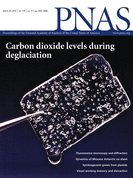 When the Proceedings of the National Academy of Sciences retracted a gene therapy paper in December, it declared that some of the data had been falsified and mentioned a research misconduct investigation. But the notice said nothing about who was responsible.
When the Proceedings of the National Academy of Sciences retracted a gene therapy paper in December, it declared that some of the data had been falsified and mentioned a research misconduct investigation. But the notice said nothing about who was responsible.
Via a public records request, Retraction Watch has obtained investigation documents from the University of Florida, which show the focus had been narrowed down to two of the paper’s three co-first authors. But the investigation committee didn’t assign blame to either one. According to their final report, dated Oct. 24, 2016:
there was not enough direct evidence to either implicate or exonerate either of these individuals.
Over the course of the formal investigation, which lasted from early August to late October 2016, the committee was able to determine that data in the PNAS paper had been falsified. However, it said: Continue reading Florida investigation can’t ID culprit who falsified data in retracted PNAS paper

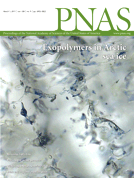
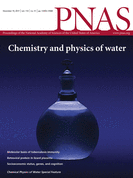 In 2016, researchers at Oregon State University published a paper in
In 2016, researchers at Oregon State University published a paper in 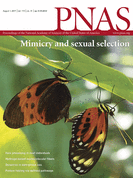 A once-prominent researcher in the field of infectious disease — who was found
A once-prominent researcher in the field of infectious disease — who was found 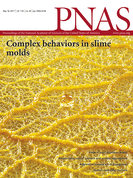
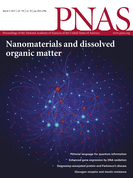
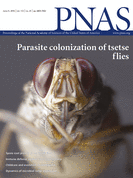 Researchers are retracting two papers about molecular signalling in plants —
Researchers are retracting two papers about molecular signalling in plants — 